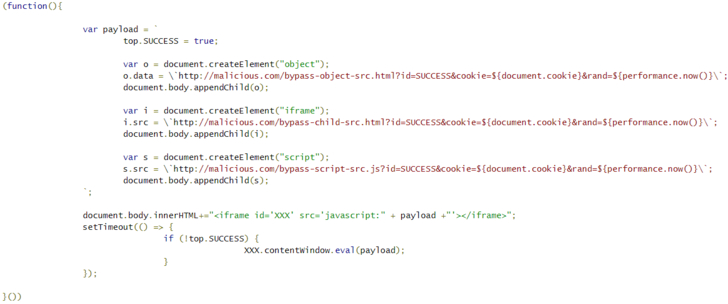The government investigators in the United States have charged Uber's previous boss security official, Joe Sullivan, for concealing a monstrous information break that the ride-hailing organization endured in 2016.
As per the official statement distributed by the U.S. Division of Justice, Sullivan "found a way to hide, redirect, and delude the Federal Trade Commission about the break" that likewise included paying programmers $100,000 payment to stay discreet.
"A criminal grievance was recorded today in government court accusing Joseph Sullivan of obstacle of equity and misprision of a lawful offense regarding the endeavored conceal of the 2016 hack of Uber Technologies," it says.
The 2016 Uber's information penetrate uncovered names, email addresses, telephone quantities of 57 million Uber riders and drivers, and driver permit quantities of around 600,000 drivers.
The organization uncovered this data to the open right around a year later in 2017, following Sullivan exited his position at Uber in November.
Later it was accounted for that two programmers, Brandon Charles Glover of Florida and Vasile Mereacre of Toronto, were behind the occurrence to whom Sullivan affirmed paying cash in return for vows to erase information of clients they had taken.
This began when Sullivan, as an agent for Uber, in 2016 was reacting to FTC requests with respect to a past information penetrate occurrence in 2014, and during a similar time, Brandon and Vasile reached him in regards to the new information break.
"On November 14, 2016, around 10 days in the wake of giving his declaration to the FTC, Sullivan got an email from a programmer educating him that Uber had been penetrated once more."
"Sullivan's group had the option to affirm the break inside 24 hours of his receipt of the email. As opposed to report the 2016 penetrate, Sullivan supposedly found a way to keep information on the break from arriving at the FTC."
As indicated by court records, the payment sum was paid through a bug abundance program trying to archive the coercing installment as abundance for white-cap programmers who point out security issues yet have not traded off information.
"Uber paid the programmers $100,000 in BitCoin in December 2016, in spite of the way that the programmers would not give their actual names (around then)," government examiners said. "Furthermore, Sullivan looked to have the programmers consent to non-exposure arrangements. The understandings contained a bogus portrayal that the programmers didn't take or store any information."
"Besides, after Uber faculty had the option to recognize two of the people liable for the break, Sullivan orchestrated the programmers to sign new duplicates of the non-revelation understandings in their actual names. The new understandings held the bogus condition that no information had been gotten. Uber's new administration eventually found reality and uncovered the penetrate freely, and to the FTC, in November 2017."
Simply a year ago, the two programmers were conceded to a few tallies of charges for hacking and extorting Uber, LinkedIn, and different U.S. partnerships.
In 2018, British and Dutch information assurance controllers additionally fined Uber with $1.1 million for neglecting to secure its clients' very own data during a 2016 digital assault.
Presently, if Sullivan saw as blameworthy of conceal charges, he could look as long as eight years in jail, just as expected fines of up to $500,000.
















